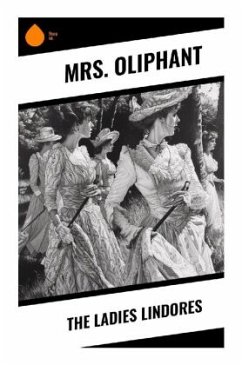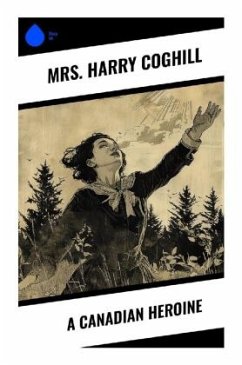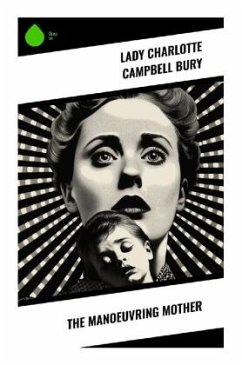
The Wings of the Dove
Versandkostenfrei!
Versandfertig in 6-10 Tagen
15,60 €
inkl. MwSt.

PAYBACK Punkte
0 °P sammeln!
In "The Wings of the Dove," Henry James intricately weaves a tale of love, sacrifice, and the moral dilemmas of wealthy society at the turn of the 20th century. The novel's structure is marked by James's signature psychological depth, employing a rich and flowing narrative style that delves into the inner lives of its characters. Set against the backdrop of Edwardian England and Venice, the story follows the poignant relationship between Kate Croy and Merton Densher as they navigate the treacherous waters of love intertwined with financial motivations, revealing a profound exploration of human...
In "The Wings of the Dove," Henry James intricately weaves a tale of love, sacrifice, and the moral dilemmas of wealthy society at the turn of the 20th century. The novel's structure is marked by James's signature psychological depth, employing a rich and flowing narrative style that delves into the inner lives of its characters. Set against the backdrop of Edwardian England and Venice, the story follows the poignant relationship between Kate Croy and Merton Densher as they navigate the treacherous waters of love intertwined with financial motivations, revealing a profound exploration of human connection and societal expectations. Henry James, an American expatriate, made significant contributions to literary modernism, often drawing upon his experiences in both America and Europe. The complexities of his own transatlantic identity and the intricate social dynamics he observed informed his characters' adventures and moral quandaries. His profound interest in the intersection of psychology and social class culminates vividly in this novel, offering readers an intimate glimpse into the struggles of its protagonists as they confront their desires and ethical responsibilities. For readers captivated by psychological narratives rich in moral complexity, "The Wings of the Dove" is an essential read. It not only presents a compelling story brimming with emotional tension but also serves as a critical commentary on the fabric of society. James's masterful prose and nuanced characterizations invite exploration and reflection, making it a timeless piece that resonates with contemporary themes of love and sacrifice.












